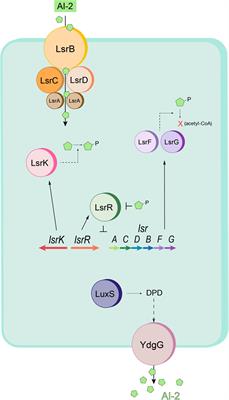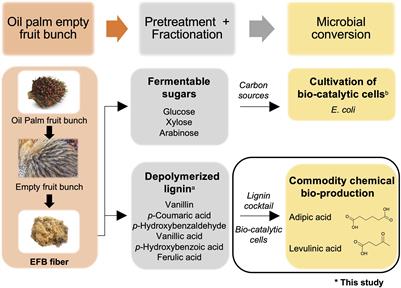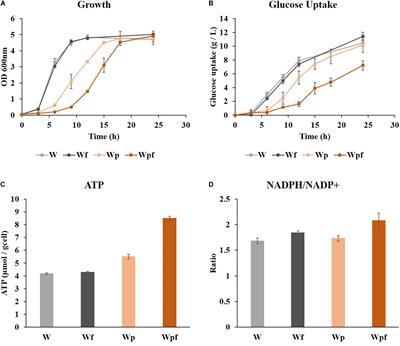EDITORIAL
Published on 26 Jul 2021
Editorial: Technological Advances Improving Recombinant Protein Production in Bacteria
doi 10.3389/fmicb.2021.729472
- 4,159 views
9,814
Total downloads
46k
Total views and downloads
You will be redirected to our submission process.
EDITORIAL
Published on 26 Jul 2021
ORIGINAL RESEARCH
Published on 18 Jun 2021

ORIGINAL RESEARCH
Published on 14 Jun 2021

METHODS
Published on 20 Apr 2021

ORIGINAL RESEARCH
Published on 09 Apr 2021

ORIGINAL RESEARCH
Published on 15 Mar 2021

ORIGINAL RESEARCH
Published on 19 Feb 2021


Frontiers in Bioengineering and Biotechnology
MicrobiotechnologyOffline
Frontiers in Environmental Science
MicrobiotechnologyOffline